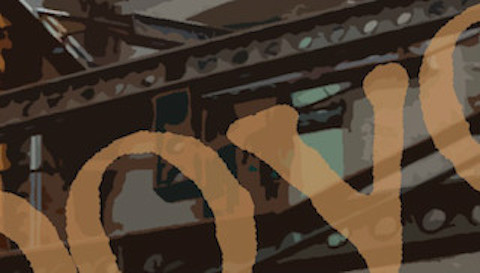Creating family–school bridges through parenting skills. A collaborative learning experience
Keywords:
Aprendizaje situado, e-comunidad de práctica, relación familia-escuela, asesoramiento psicoeducativo, trabajo social, habilidades parentalesAbstract
The objective of this article is twofold: on the one hand, to demonstrate the importance of situated learning, through the experience of an e-community of practice; and, on the other hand, to evaluate the results of an experience of parenting support for families from the school environment. This collaborative article is based on the reflections of social workers of the psychoeducational counseling teams of the Department of Education of the Generalitat de Catalunya on the experiences carried out during the 2015-2016 academic year. Firstly, they attended the training activity and, secondly, they took part in the e-community of practice. The article analyzes the implementation at school of the Parenting Skills Development Program for families (PHP) of the Public Health Agency of Barcelona, in three ways: the promotion of positive parenting, the relationship between the family and the school, and the development of the professional objectives of social workers. The results indicate, on the one hand, that, after the experience of cooperative learning, the level of satisfaction is high. On the other hand, the experience of carrying out the PHP has meant an improvement in the parenting skills of families, a resource for increasing family-school bonds and the possibility of working from the prevention in counselling and support to the families and educational centres.
References
Ausubel, DP. (2000). The Acquisition and Retention of Knowledge: A Cognitive View. New York.
Ballori, A. (2011). L’aprenentatge significatiu a la pràctica. Consultat 16 d’octubre de 2017 des de: http://www.aprendizajesignificativo.es/wp-content/uploads/2011/04/aprenentatge_significatiu_practica.pdf.
Bertalanffy, L. (1968). Teoría general de los sistemes. Fundamentos, desarrollo y aplicaciones. México: Fondo de Cultura Económica.
Brullet, C. (2012). Vida quotidiana i cura de la vida: afrontant el canvi social i la complexitat familiar. Àmbits de Psicopedagogia, 36, p. 9
Collet, J. (2012). Famílies noves, educacions noves i relacions noves amb l'escola. Guix: elements d’acció educativa, 382, 35-40.
Decret 155/1994, de 28 de juny, pel qual es regulen els serveis educatius del Departament d'Ensenyament. DOGC 08/07/1994, núm. 1918, p. 4659.
Diputació de Barcelona. Oficina de Suport Tècnic als Serveis Socials. Àrea de Benestar Social. (2010). Orientacions per al suport local al benestar de les famílies al llarg de la vida. Projecte noves famílies, noves polítiques.
Diputació de Barcelona. Àrea d’Educació. Pla de formació. (2011). Educació familiar i tipologies de famílies i models educatius. Acompanyament al treball de suport educatiu a les famílies.
Gairín, J. (2013). Formació i desenvolupament professional en l’àmbit de les organitzacions. Àmbits de Psicopedagogia, 39, p.31.
Gómez, F, Lorente, J. (2002). Programas para la convivencia familiar y social desde la cultura de la paz. Dins el IV Congreso de Escuelas Universitarias de Trabajo Social. Alicante.
Plataforma Internacional-Práctica Reflexiva. (2014). Trets de l’aprenentatge situat. Consultat setembre de 2017 des de: https://www.practicareflexiva.pro/ca/trets-de-laprenentatge-situat/
Ramos P., et al. (2016). Evaluación de un programa piloto promotor de habilidades parentales desde una perspectiva de salud pública. Gaceta Sanitaria (30), p. 37-42
Rogers, C. (1987). Grupos de Encuentro. Madrid: Amorrortu Editores.
Sagástegui, D. (2004). Una apuesta por la cultura: el aprendizaje situado. Madrid: Sinéctica 24.
Ubieto, JR. (2007). Models de treball en xarxa. Educació Social-Revista d’intervenció socioeducativa (36), p. 26.
Wenger, E. I Lave, J (1991). Situated learning. Legitimate peripheral participation. London: Cambridge University Press.

Downloads
Published
Issue
Section
License
The authors maintain their copyright and give the right to the first publication of the work to the journal, registered under a Creative Commons Attribution-Non Commercial-NoDerivs license. This license allows others to download the works and to share them with others as long as they credit the author, but it does not allow for any kind of modification or commercial use.














